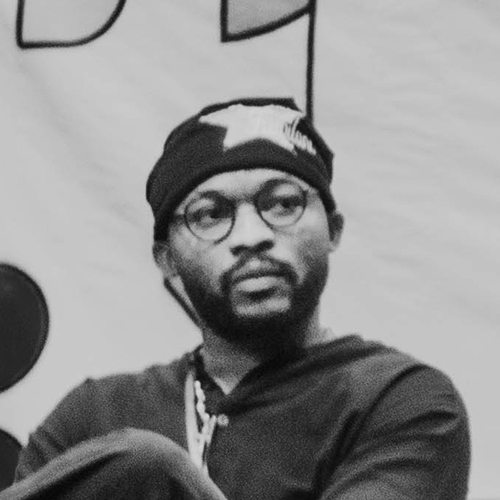i haven’t written in a while.
i told myself it was rest. or pacing. or growth.
but really, it was something closer to fear. not fear of the blank page, but of what might not crawl out of me if i sat with the page long enough. i’ve been building BookBrain—an app about reading, reflecting, capturing thought—and in doing so, i’ve quietly avoided doing those things myself.
writing requires confrontation. and sometimes, confrontation is a luxury i can’t afford.
still, something’s been stirring again.
and it came in the form of a question:
how many lies does a life need?
truth is not the foundation of most lives. it’s the wrecking ball.
we are built on lies—soft, generational, protective. not because we are wicked, but because we are fragile. the human organism does not run on truth. it runs on structure, routine, story. and often, truth is a violent guest in rooms meant to be stable. so we lie.
some lies are barely noticeable.
“i’m okay.”
“i love my job.”
“i’ve moved on.”
these are the lies we wear like shirts—chosen in the morning, discarded at night, clean enough to face the world.
others are more architectural.
the lie that your family is united.
the lie that your childhood was normal.
the lie that your country means something.
these are not worn. these are woven. they are stitched into identity, reinforced by repetition, and passed down like heirlooms.
and the most elegant lies—the ones we protect most tenderly—are the ones we tell ourselves about ourselves.
that we are good.
that we are honest.
that we are doing our best.
that our motives are pure.
that we are not becoming the very people we once swore we’d never become.
you don’t have to be malicious to lie.
you just have to be human.
the inherited lie
every family has its myth. someone was a hero. someone was a victim. someone else was never mentioned again. the story is clean, simple, manageable. and if it isn’t—well, memory is obedient. it bends.
the inherited lie is usually polished before it reaches you.
your parents might have burned through religion, betrayal, or bankruptcy, but you’ll only hear: “we did our best.”
you grow up inside a narrative that’s been pre-sanitized.
and by the time you’re old enough to doubt it, you’ve already defended it in public.
to question it now feels like treason.
so you keep the myth alive—not because it’s true, but because it’s functional.
the lie of becoming
modern life demands belief in progress. you must always be evolving, improving, becoming. no one tells you what you’re becoming. only that stasis is a form of failure.
this lie hides under motivational quotes and self-help. it wears the face of “healing.” but underneath it is the fear that if we ever paused—truly paused—we’d see ourselves as we are, not as we hope to appear.
so we tell ourselves we are growing. even when we are circling.
even when we are rotting in elegant, well-lit spaces.
it is better to say “i am working on myself” than to admit “i am afraid of what i’ve become.”
the lie of goodness
perhaps the most seductive lie of all is that we are good.
not because of what we’ve done, but because we feel like we are. we remember our intentions, not our impact. we recall the one time we gave, not the many times we turned away.
we believe our moods are justice.
if we feel bad after doing something wrong, surely that’s proof we’re moral.
but the truth is: most people are only as good as their consequences allow.
and in the absence of consequence, they become themselves.
allegory: the house of necessary lies
imagine a house.
each room is supported by a single lie.
the kitchen stands because someone believes they were loved.
the bedroom holds because someone believes they were chosen.
the study exists because someone believes they are intelligent.
and the front door only opens for those who believe they are safe.
now try removing one lie.
just one.
suddenly the roof buckles. the light flickers. the floor shifts.
you don’t live in a house.
you live in a compromise.
and that’s okay.
the end of the lie
what happens when the lie collapses?
sometimes clarity.
sometimes madness.
more often, silence.
people rarely scream when they lose a lie.
they just go quiet. they disappear from group chats.
they stare longer at their hands. they become slower to answer questions like “how are you?”
because now, they actually have to think.
the loss of a lie does not make you wise.
it makes you raw.
and if you’re not careful, it makes you cruel.
truth, without preparation, hardens.
and some people weaponize it not to heal—but to punish.
and so, the lie remains
this is not a call to radical honesty.
that too is a performance.
a new god dressed in sincerity.
another mask with sharper edges.
the question is not whether we lie.
we do. and we will.
the question is: which lies are worth keeping?
which ones hold the roof up?
which ones need to be buried with dignity, not shame?
because a life without lies is not brave.
it’s unlivable.
